Tooth extraction under general anesthesia
Tooth extraction is a procedure that often causes physical and psychological discomfort in patients. Modern dentistry offers many methods that relieve pain during surgery. One of them is tooth root extraction under general anesthesia. General anesthesia is the administration of anesthetic drugs that act to suppress the central nervous system. The patient falls into a deep sleep, his muscles are relaxed, and pain sensitivity is reduced. Anesthesia allows for tooth extraction to be performed as comfortably as possible.

specialists

equipment

treatment
Contraindications

The anesthesiologist at the K+31 clinic does not recommend performing tooth extraction under general anesthesia in Moscow if the following contraindications are present:
- Age over 70. Older people have a higher risk of complications due to chronic diseases
- Cardiovascular diseases. Heart failure, severe forms of arterial hypertension increase the likelihood of complications
- Allergy to anesthetics used for general anesthesia. Allergic reactions may occur, and in some cases, life-threatening conditions
- Diseases in the stage of decompensation. Diabetes mellitus or hypertension increase the risk of complications during and after anesthesia
- Exacerbation of lung and bronchial diseases. Chronic obstructive pulmonary disease, bronchial asthma make breathing difficult during general anesthesia
If the patient received the vaccine less than a week ago, he is temporarily contraindicated to have a tooth extracted under general anesthesia due to reduced immunity and a high probability of developing adverse reactions.
General information about the procedure
Answers to popular questions
In this section we have collected answers to the most frequently asked questions about the procedure of tooth extraction under anesthesia.
When is it worth removing a wisdom tooth under general anesthesia?
What are the risks associated with general anesthesia for tooth extraction?
What do the doctors at “K+31” say about anesthesia in pediatric dentistry?
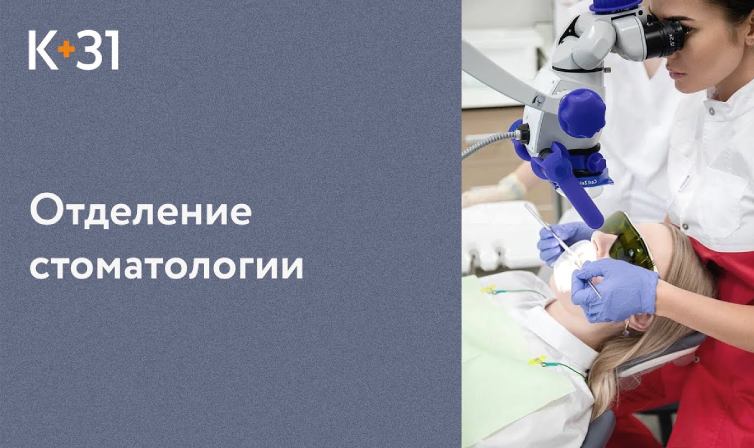
Modern methods of diagnostics and dental treatment at "K+31"
Our doctors

This award is given to clinics with the highest ratings according to user ratings, a large number of requests from this site, and in the absence of critical violations.

This award is given to clinics with the highest ratings according to user ratings. It means that the place is known, loved, and definitely worth visiting.

The ProDoctors portal collected 500 thousand reviews, compiled a rating of doctors based on them and awarded the best. We are proud that our doctors are among those awarded.
Make an appointment at a convenient time on the nearest date
Price
Other Services








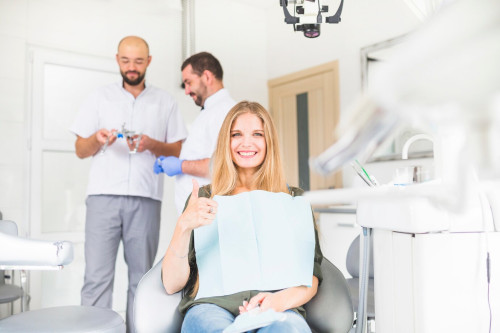
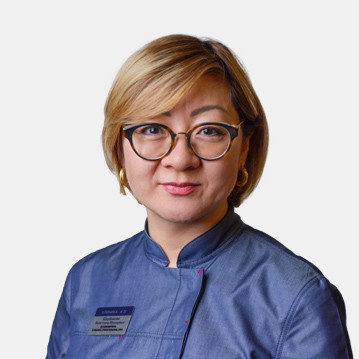
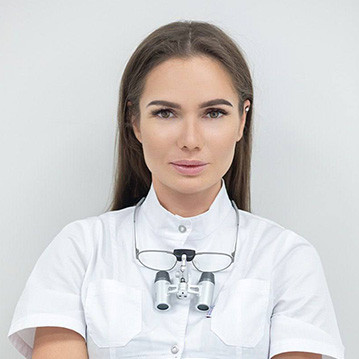
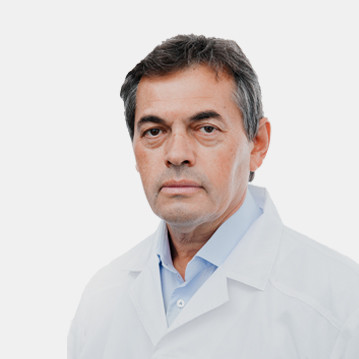
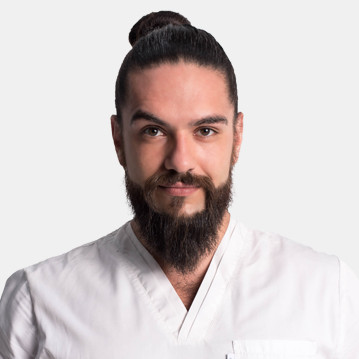
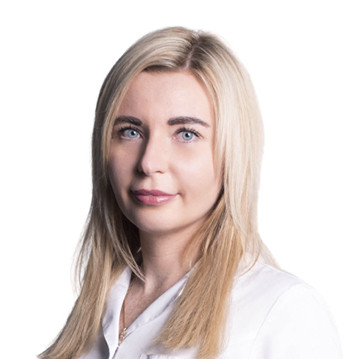
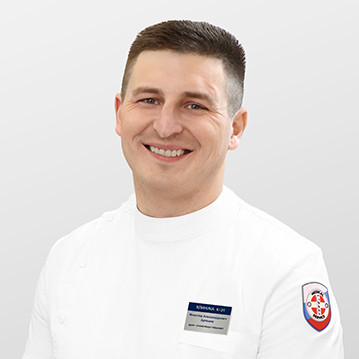
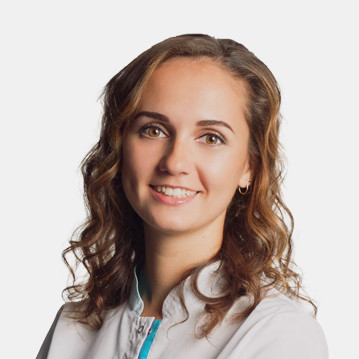
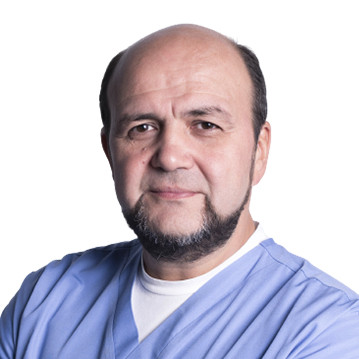
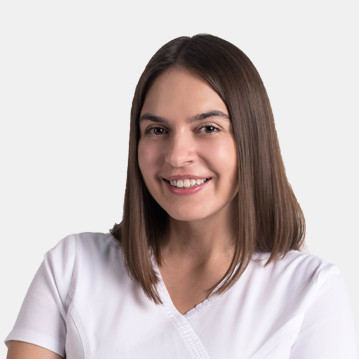
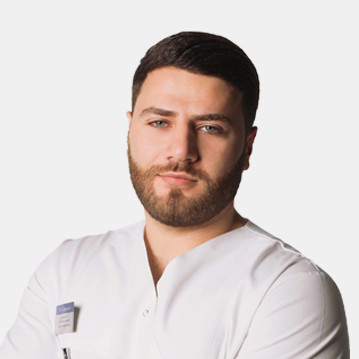
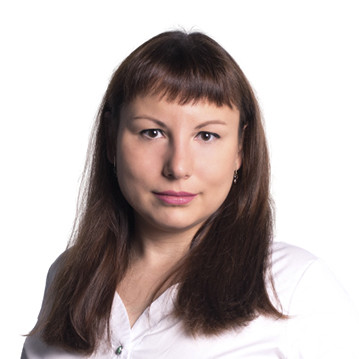
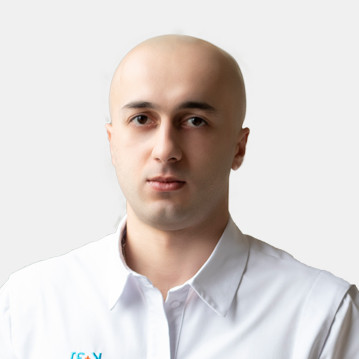
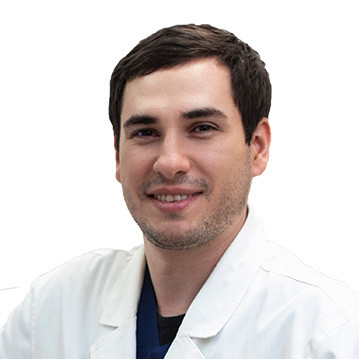

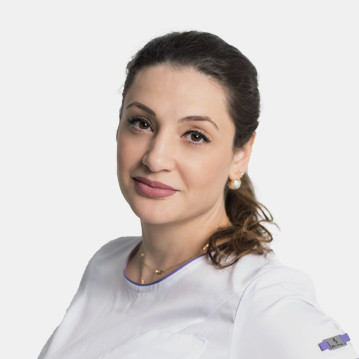
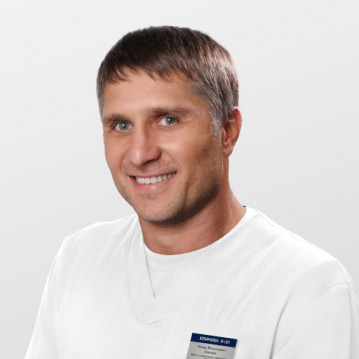
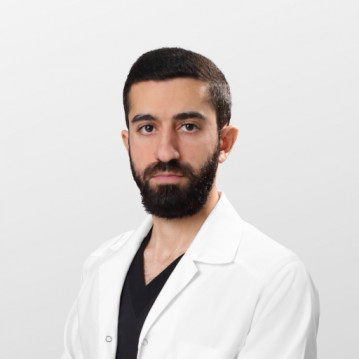
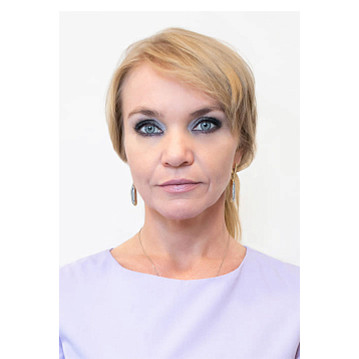
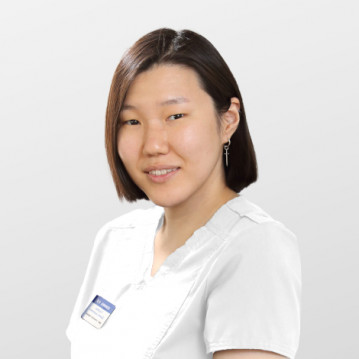
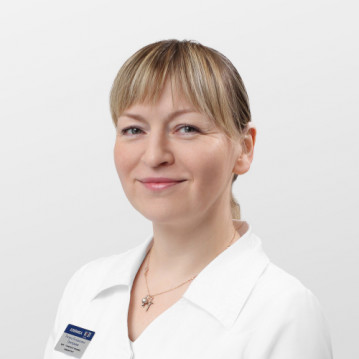
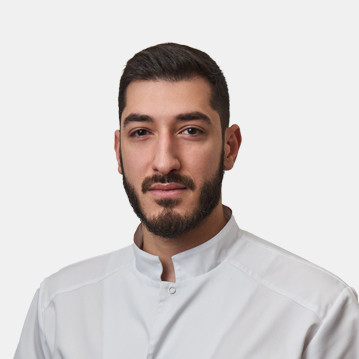
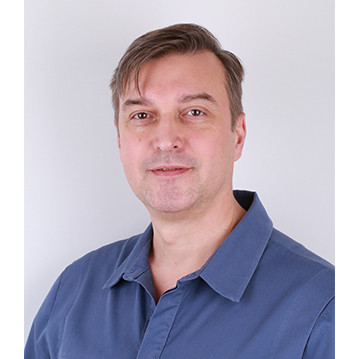
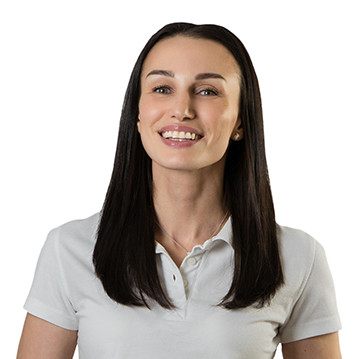
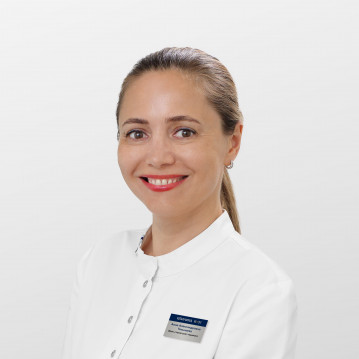
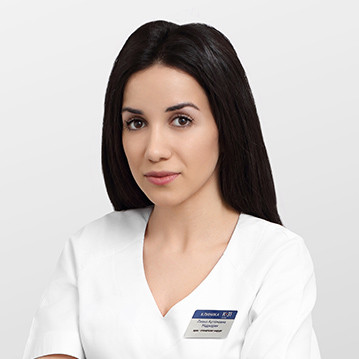
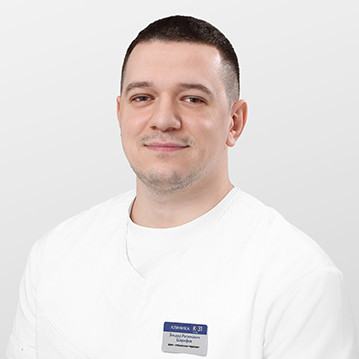
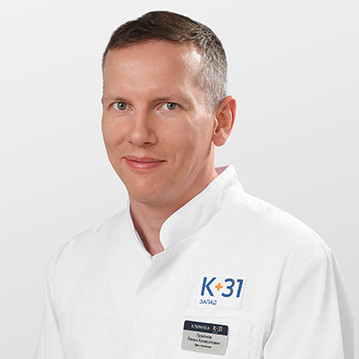
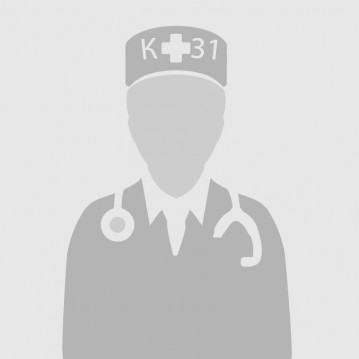
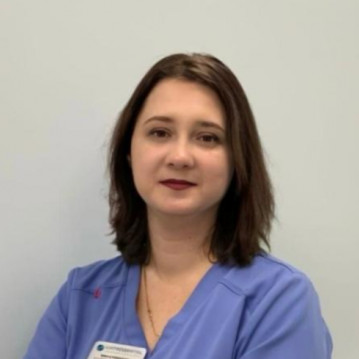
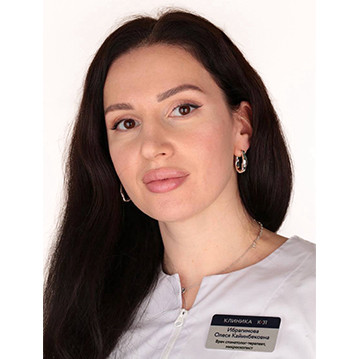
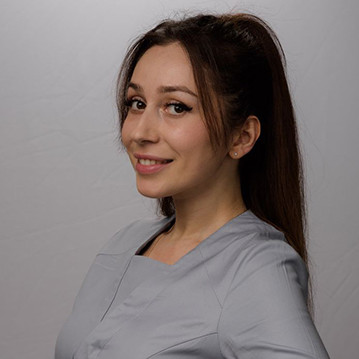
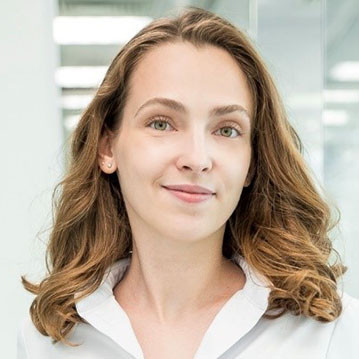
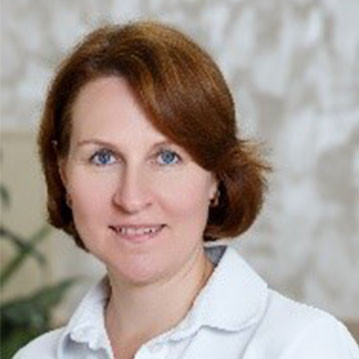
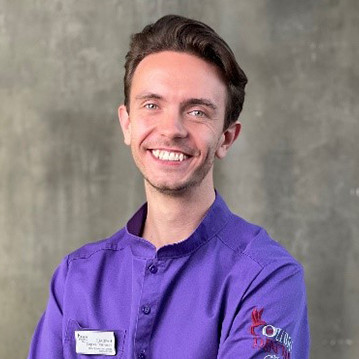
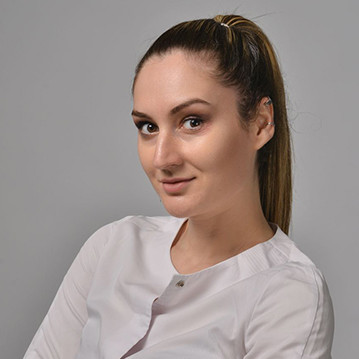

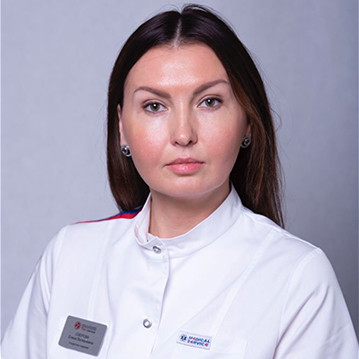
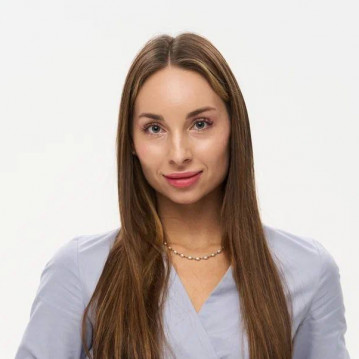
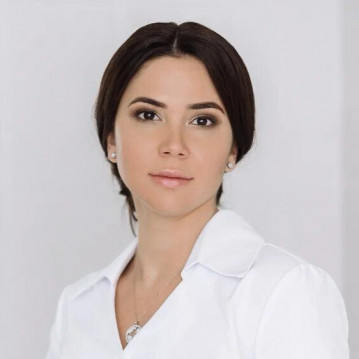

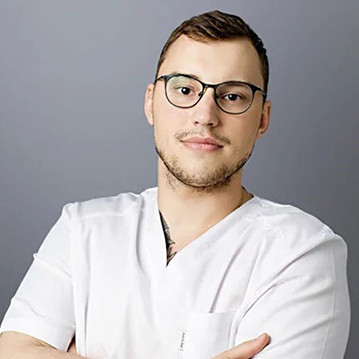





Indications for tooth extraction under general anesthesia
Teeth extraction under general anesthesia in Moscow is performed in the following cases:
In cases where the patient is bothered by hyperactivity or neurological disorders that prevent prolonged sitting in one place, general anesthesia ensures the safety and effectiveness of treatment.